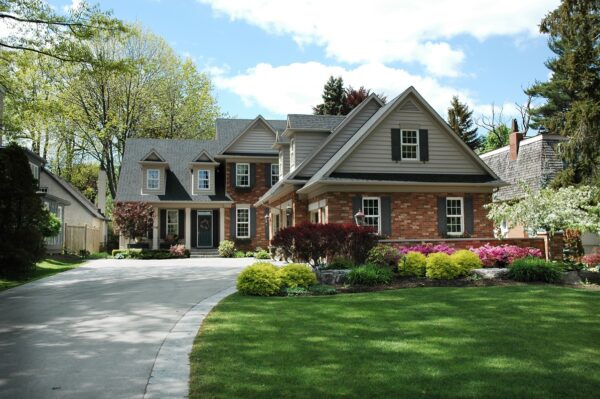You have found a few properties online that you love and notice they are having open houses soon, great news! The pictures certainly make the house look perfect, but seeing the house in-person will give you an opportunity to see its true appearance. When attending an open house, it is important to look past the sparkling new kitchen appliances and really focus on the bones and details of the home. By doing this, you will be able to identify any red flags that may raise concern. Be sure to pay attention to the following items.
Nearby Properties for Sale
Right off the bat, one of the first things you should notice is how many other properties are for sale in the neighborhood. If there are a handful of other homes for sale, this could be a sign the area is undesirable or possibly becoming unsafe. If you are still interested in the property after the open house, drive by the home at different times of the day to get a feel of the neighborhood.
Condition of the Roof
Another one of the first things you should examine is the roof. If there are shingles missing or it looks like shoddy repair work has been completed, it may lead to leaking which could be costly. Once inside, ask the agent if there have been any roofing issues and examine the ceiling for signs of leakage.
Smell/Scent of the House
If you smell any kind of musty or mildew smell, this could be an indicator there are leaks or mold present. Mold and water damage can hit your wallet hard if they are not taken care of immediately. Also take note if the house has a severely strong smell of air fresheners; the sellers could be trying to blanket a foul odor.
Electric and Lights
When walking through the home, make sure all the light switches and outlets work. Electrical problems can be a huge inconvenience to new homeowners, causing financial worries and even safety hazards. Also take notice if you switch on a light or appliance and another light dims or an appliance falters, there could be an underlying issue.
If you want to make an offer on the house but are concerned about some red flags, there are some things you can do about it. You are able to negotiate with the seller and see if they will repair the issues. Minor problems like chipping paint or damaged hardware may be easy fixes for sellers and will save you some money and time in the future. If larger issues like landscaping hazards or a damaged roof is worrying you and the seller will not fix it, consider a renovation loan. A renovation loan allows you to combine home improvement costs into your mortgage, fixing the repairs.
Bottom line- if you are seriously interested in a property, inspect everything at the open house so you can address any issues in advance.



